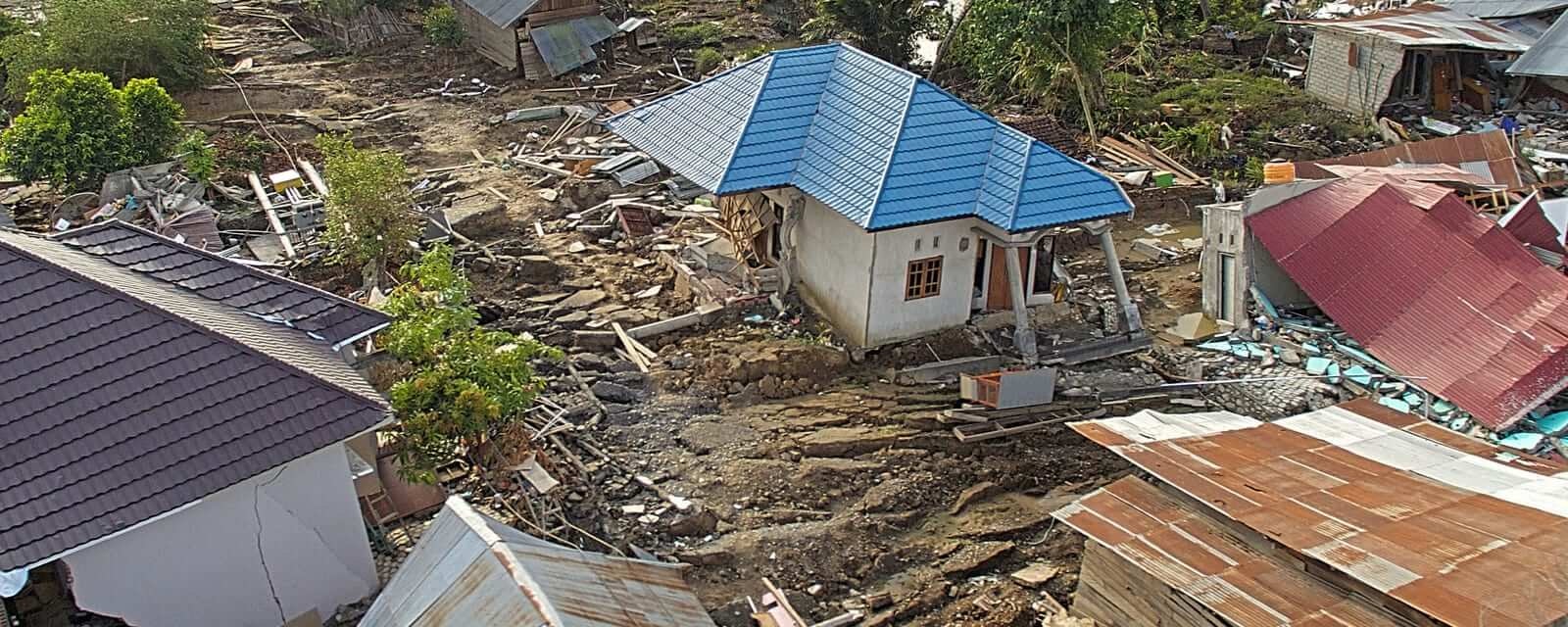The urgency of attending to the victims from the earthquake and tsunami that hit the island region of Sulawesi will likely be the administration’s focus over the next few weeks, to avoid any political fallout as election season starts.
Necessities – food, water, fuel and medicine – are in short supply, and there has been looting in malls and supermarkets. Compounding the problem is that infrastructure, from communications networks to roads and bridges, have suffered widespread damage.
The confirmed casualties now number about 1,400, and this will certainly increase. Much of the rescue and relief effort has so far been the main city of Palu and its immediate area; smaller districts and remote areas have yet to fully report in and government efforts to reach them have been made difficult by the damaged infrastructure.
The Sulawesi tsunami will certainly have only a fraction of the estimated 120,000 – 140,000 dead and billions of dollars in damage from the 26 December 2004 Aceh tsunami. Still, the conduct and public perceptions of the relief, recovery and rebuilding effort will be watched closely by both sides in the context of the 2019 elections, and how it may eventually be used to attack or buttress the president’s image.
Specifically, in 2014, President Joko Widodo had a substantial lead – almost similar to the one that he has today – over retired general Prabowo Subianto. However, Prabowo successfully attacked Widodo’s leadership credentials then, portraying him as dependent on former president Megawati Sukarnopturi and capitalizing on the perception that he did not control his own fate during his first run for the presidency.
The next week or two will continue to reflect the disorder and confusion after an unexpected natural emergency, but if public perception shifts to the government possibly mishandling the post-tsunami response, then it would give the opposition arguably its first window to again attack Widodo on the question of his leadership. Any noticeable narrowing between him and Prabowo would weaken the sense that his advantage is insurmountable—especially with a long campaign still ahead--and generate uncertainty about the election outcome.
As we mentioned in last week’s note, Widodo no longer faces the same leadership issue as in 2014, but the disaster in Sulawesi is the type of exogenous event that could give Prabowo another opportunity to attempt to create a contrast between him and the president; a serious economic crisis or an environmental disaster would be others. The handling of the 2004 Aceh tsunami will be used as a benchmark, from the immediate response and use of foreign aid to the reconstruction efforts.
Aside from the ability to provide necessities and restore some services, one issue that the government will need to address soon is the apparent absence of an adequate tsunami warning following the tremor. Apparently, the buoys and tidal gauges for the tsunami warning system were either no longer working or still uninstalled due to lack of funds.





